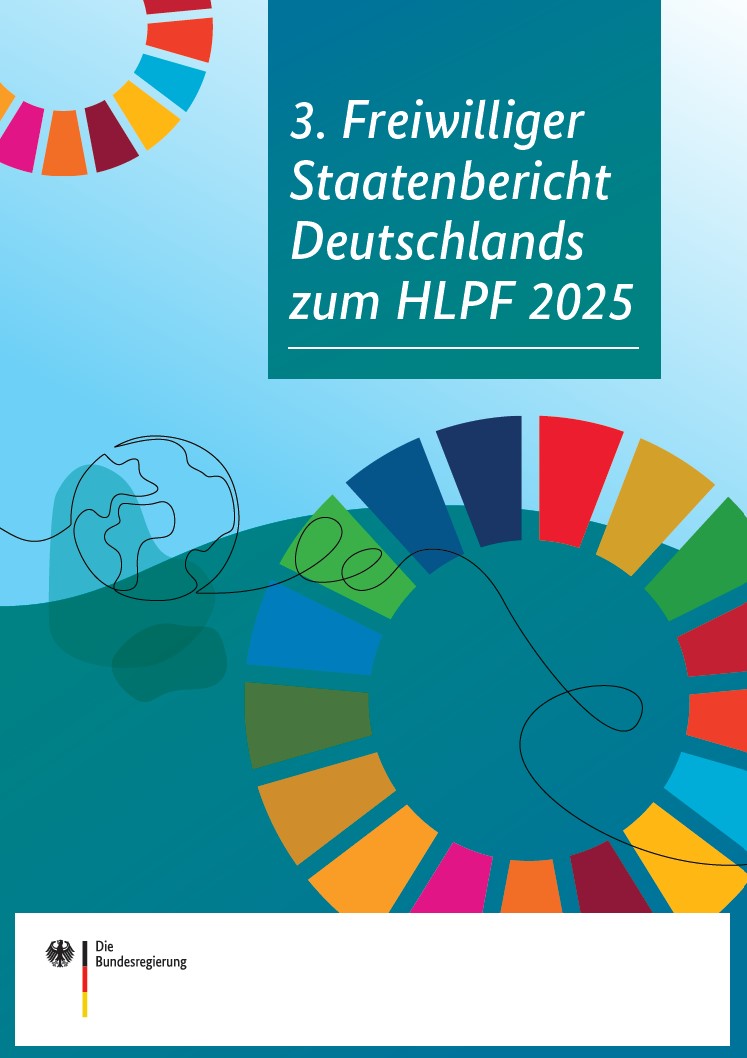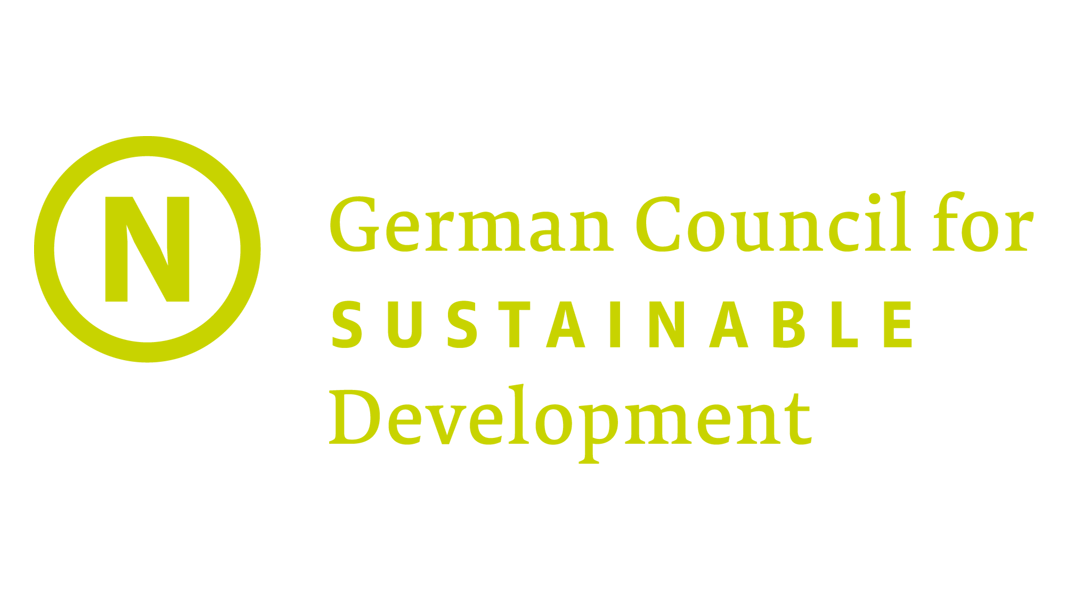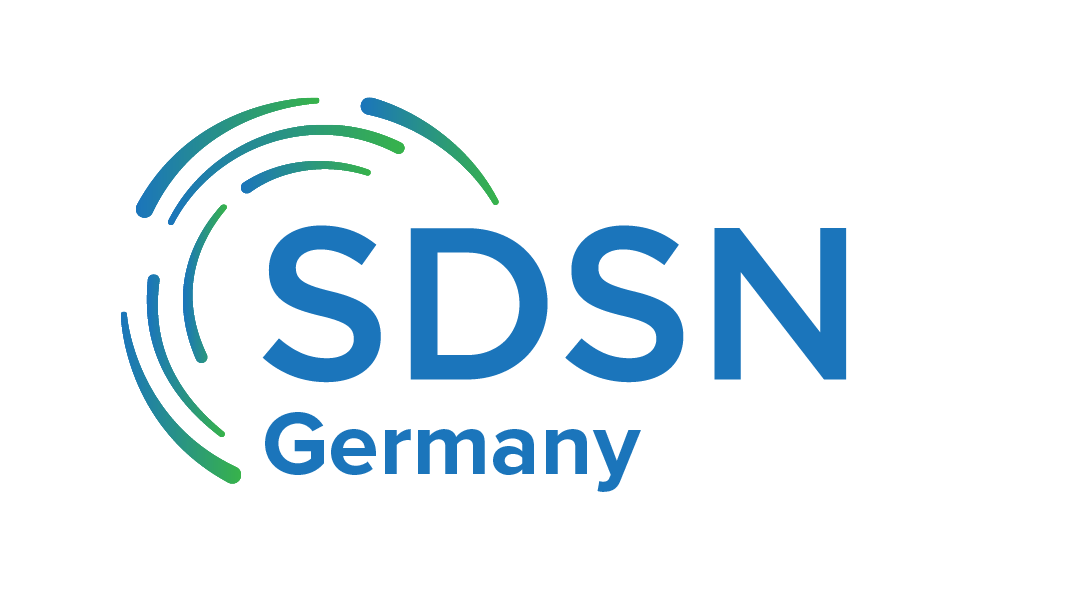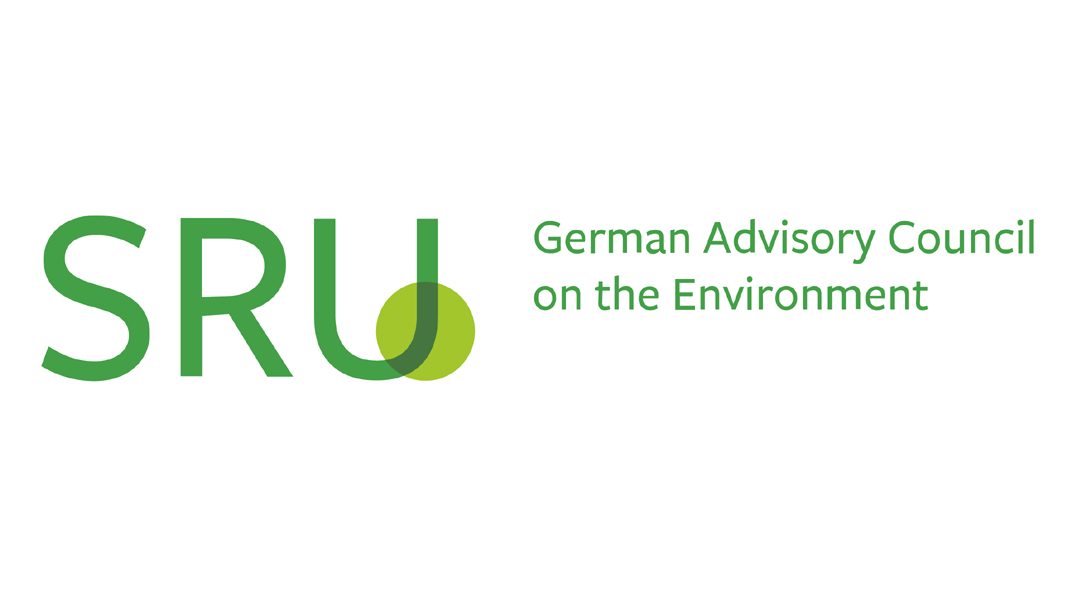VNR 2025 Joint contribution by the German Council for Sustainable Development (RNE), the Sustainable Development Solutions Network (SDSN) Germany and the German Advisory Council on the Environment (SRU)
Germany should see enabling all citizens to live sustainably as a duty. To achieve this, sustainability needs to be a guiding principle of public service delivery. It must be the task of state regulation to ensure that acting sustainably is the most obvious choice for citizens and companies and therefore the default option. In this context, Germany’s implementation of the 2030 Agenda for Sustainable Development has reached critical junctures, in some cases requiring increased efforts and in others a change of direction:
- With respect to the expansion of renewable energy, in particular, Germany has made significant strides in recent years. More than 50 per cent of electricity consumed in Germany now comes from renewable energy sources. This is a great achievement that needs to be continued and expanded in an environmentally friendly and citizen-oriented way, particularly by including the buildings and transport sectors to a greater extent.
- Reciprocal partnerships worldwide built on trust are becoming increasingly important due to uncertain supply chains, the need for raw materials and geopolitical changes. With its circular economy strategy and the innovative capacity of its businesses (Cradle to Cradle programmes, for example), Germany has made important progress. This needs to be expanded through fair and equitable global trade and development partnerships for investment in sustainable economic structures.
- Municipalities are places where citizens can actively shape and experience the sustainability transformation. A host of projects in Germany have shown that the SDGs benefit enormously from decentralisation and a local governance approach. Sustainability, including climate action, should therefore be recognised as a collective and thus central task for municipalities in all areas and should be ensured through sufficient funding.
- Good governance requires the participation of citizens, so that they become subjects rather than merely objects of the transformation. Citizens are not just addressees but also the agents and an active part of the transformation processes. With this goal in mind, Germany can build on good experience negotiating transformation policy with citizens and stakeholders (such as the German Coal Commission, German Commission on the Future of Agriculture and German Gas Commission). Various dialogue platforms with citizens have also been developed where the aim is not simply to exchange views but to gain a deeper understanding of different perspectives. However, efforts to translate this into concrete policy are often inadequate. Moreover, in many areas the level of participation is still insufficient, or not all population groups are equally involved. Digitalisation, in particular, offers opportunities for citizens to participate in transformation processes efficiently and directly.
- Germany is under pressure to change in order to maintain its competitive edge, firstly due to the comparatively high costs of energy, raw materials and labour, but also due to the inequality of educational opportunities, high levels of red tape and its outdated infrastructure (including digitalisation bottlenecks). Greater efforts and investment are therefore needed in order to ensure future viability. Innovative, socially just and climate-stabilising – in other words sustainable! – policies are the solution here. Addressing this challenge must be made a priority in the further implementation of the 2030 Agenda in Germany.



